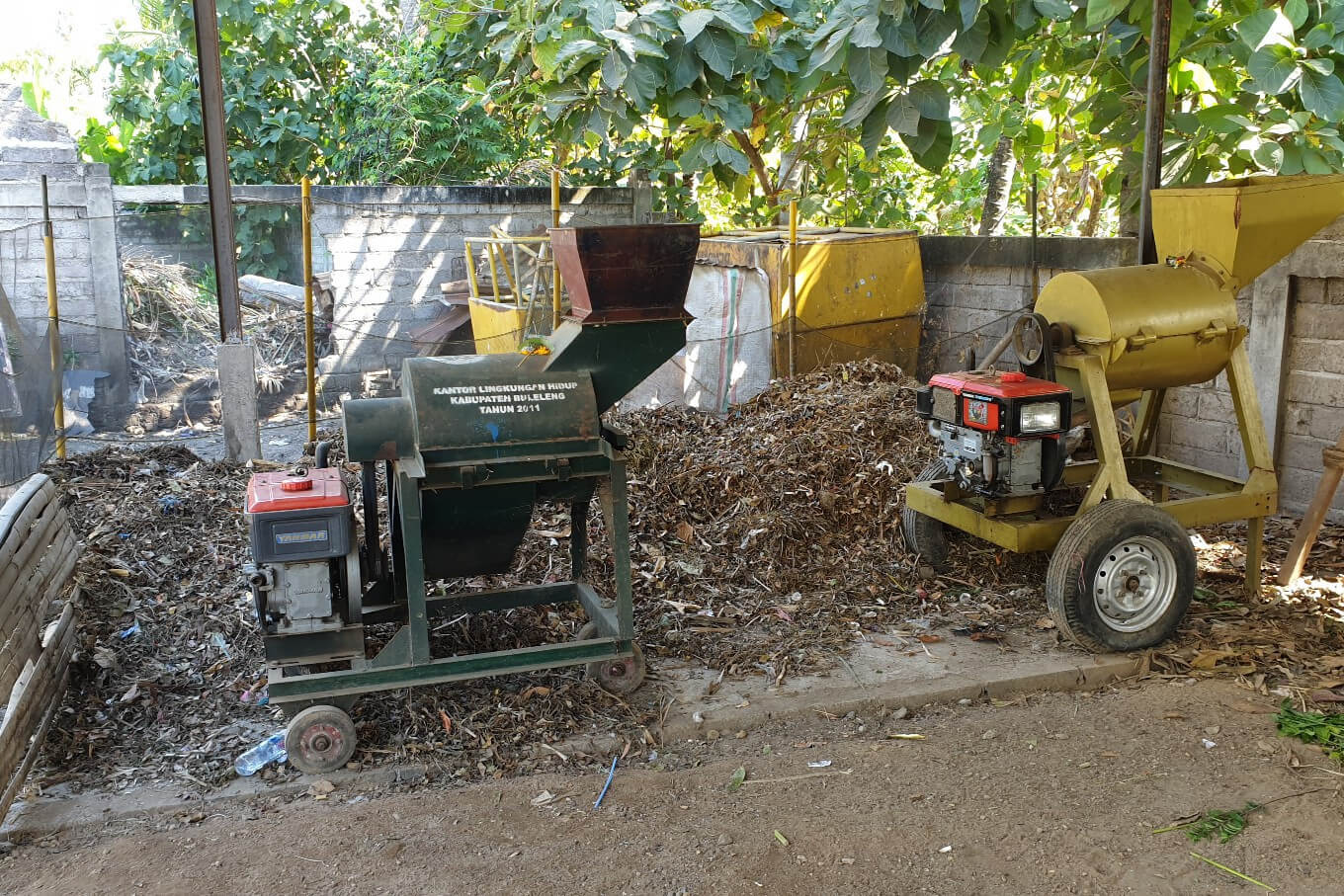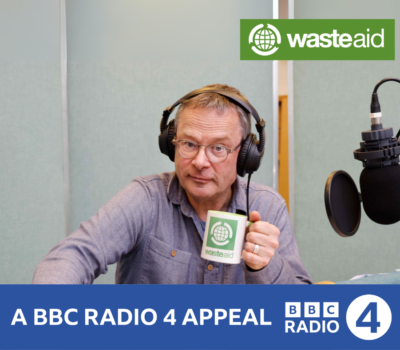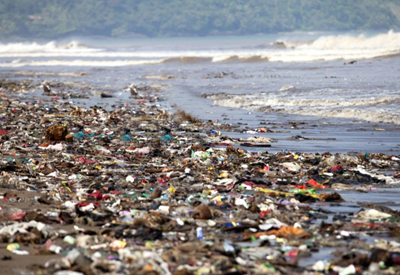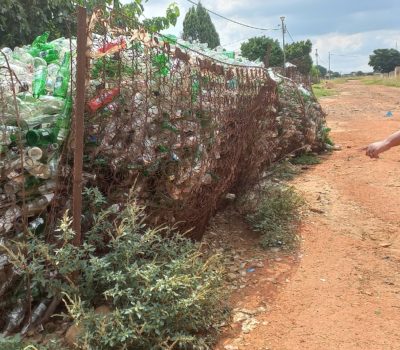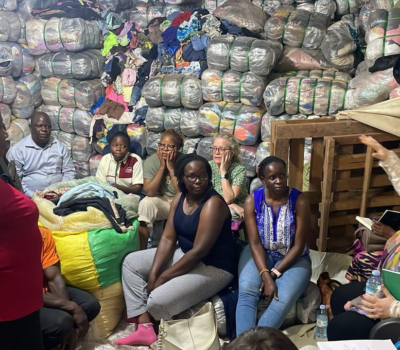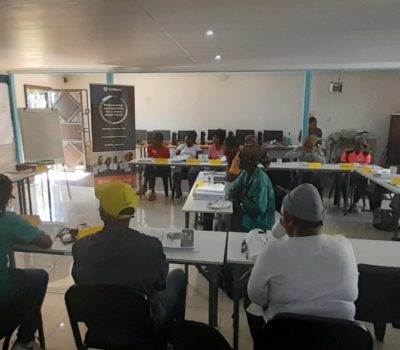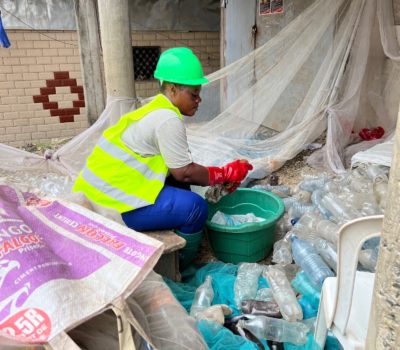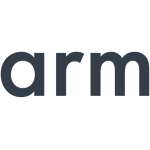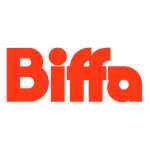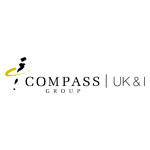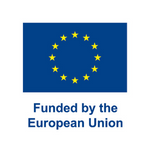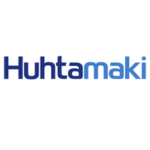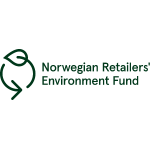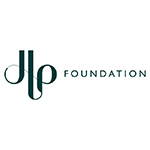WasteAid and Bunzl partner for progress in Indonesia
News
Author: Admin
Published: 12 October 2020
The island of Bali at the eastern fringe of Indonesia has long been considered a “paradise island”, but lately, locals have noticed its natural beauty eroding beneath an endless wave of plastic waste. Findings from The Bali Partnership show that just 48 per cent of waste from the Indonesian island is disposed of through recycling or landfill, while 33,000 tonnes of plastic waste ends up in the ocean each year.

In 2018, WasteAid forged a partnership with R.O.L.E. Foundation (River, Ocean, Land, and Ecology) to share skills and know-how in managing plastic waste safely. The Zero Waste to Oceans Community Environment & Skills Centre in Bali is close to the south-eastern beach of Nusa Dua, which is lined with hotels, spas and luxury resorts. Much of the waste generated from these hotels, along with mixed waste from residential and business zones, currently ends up smouldering in informal dumpsites or in drainage ditches making its way to the coast.
Crucially, R.O.L.E. Foundation is also home to Bali WISE, a programme for empowering marginalised women through skills education, as a means to develop sustainable communities in Indonesia.
Meanwhile, on the more remote northern coast of Bali, local environmental champions are working towards the development of an eco-village. Through daily beach litter picks and a basic waste sorting centre, they have managed to establish a rudimentary system to keep waste out of the ocean, but with little funding or specialist skills, progress is slow.
Kadek Ada Maja, project manager of the Bondalem Eco Village Community Group said, “Plastic waste is the biggest problem. A river runs between Tejakula and Bondalem villages, and it is full of plastic. Culturally it is difficult to educate other communities about their plastic waste, so the focus is on ocean plastic. Plastic waste was blocking the street. Local people were angry, thinking that a waste facility was not important. There is so much waste at the facility but without it the waste is everywhere. Education is the most important thing.”
Launching a partnership
In September 2019, when Bunzl plc. approached WasteAid to help prevent ocean plastic pollution, the partners in Bali were recommended based on their potential to make instant strides towards sustainable waste management, and to empower people in poverty to generate sustainable income from recycling activities.
With Bunzl’s support, local leaders in Nusa Dua and Bondalem have been able to improve the condition of their plastic collection and sorting infrastructure, and start preparing plastics for either export to Java for recycling, or to be converted into useful products for the local market.
Objective: Prevent plastic pollution through sustainable livelihoods in waste management and recycling
Project goals:
- Develop value chains for waste materials through a sustainable livelihoods approach
- Train disadvantaged communities in recycling and business development
- Build sustainable waste management capacity in R.O.L.E. and Bondalem to enable low-cost waste collection, sorting, processing and safe disposal especially of plastic waste
- Share experiences with other communities in Bali
- Enable train-the-trainer capacity within partner communities.

Sense of urgency: In 2018, Mike O’Leary, Founder of R.O.L.E. Foundation took WasteAid to visit the dumpsite in Nusa Dua. Waste from major hotel chains, including Moët bottles and oasis from flower arrangements, is dumped and burned here, polluting the beautiful island of Bali for current and future generations.
The Bali partners have put together a programme with local hotels and resorts to involve their guests in zero waste activities, which will start when the borders open and tourism starts to recover. The training curriculum in English and Bahasa Indonesia is also complete, and will be rolled out to Bali WISE recruits post-COVID.
Bunzl’s donation was in place just as the Covid lockdown began, and it seemed that the projects would go on hold. However, the positive effect of the situation coinciding with Bunzl’s funding was that our project managers had funds available during a quiet time, which enabled them to give their teams an excellent grounding before they start work in earnest when tourism resumes.
For example, Bunzl’s support has significantly improved conditions for people handling waste, including roofing structures and sorting tables. A glass crusher and plastics shredder have been bought and the teams will soon be trialing the conversion of some low-grade flexible plastics into paving tiles and other useful products. In addition, Bunzl is also supplying PPE for the teams to enable them to carry out their work in the safest possible conditions. The equipment is being supplied to the teams’ specifications, including overalls, gloves, boots and facemasks.
In the meantime, in Bondalem the team has already begun with the sorting of waste materials including different types of plastic, and has been meeting with local councils and building relationships to make sure plans are aligned for when the population (and waste generation) increases again. They are keeping daily records of the amount of waste sorted and its composition, and are growing in confidence about the way to handle and manage waste materials to reduce what needs disposing to less than 10% total waste arisings.
“Our immediate priorities are to support the well-being of the local farmers and domestic waste management, so that our village is both clean and healthy,” explained Kadek Ada Maja.
“The first step in realising our priorities is the new waste treatment plant set on a 500-square-meter site provided by the Bondalem village administration. The plant, which currently employs five full-time local staff, promotes the awareness of socially responsible garbage management, and to inspire the villagers to be active participants in the project.
“The plant, a first of its kind on the north coast of Bali, involves three levels of local government, involving cooperation between the village to the subdistrict of Tejakula, and the regency administration of Buleleng. The treatment site features a covered workspace for garbage processing upon newly purchased tables. The garbage is washed and sorted into organic and recycled waste, and organic waste is processed into compost, which is packaged and locally sold. The non-organic waste, especially paper, plastic bottles and bags and glass items, are washed and prepared for recycling.”
Following the training session at Bondalem Eco Village in August, the team started to record waste processing data. In the first 23 days, they processed 14 tonnes of waste, of which about 12 tonnes was organic (85%). The amount of plastic bags (including laminated bags) separated was 700kg (5%) and hard plastics about the same (5%). The amount sent to landfill was 680kg (5%). Of the plastic bags, 210kg were laminated and the rest either clear or coloured plastic bags. Hard plastics were about 300kg each of PET and PP and 100kg of other plastics.
Project manager, Piet Van Zyl, said: “The most sustainable way to manage waste materials is through separation at source. Since we have found that the majority of the waste generated in Bondalem is organic, we can now set about persuading the village to collect this material separately, which will make the plastics much easier to manage.”
Different types of plastic difficult to identify and the team has found that packaging marked with a recycling code is much easier to sort. It is hoped that in the future, more plastics will be identified in this way to aid recovery and recycling. Well-sorted plastics have a much higher market value and this is an important step in establishing sustainable resource management initiatives.
The value of plastics separated by our team over the 23 days was R1.5mill or GBP 78 and the value of the compost from the organics about Rp6.6mill or GBP 345.
The team has decided that long-term, there will be value in persuading the village to separate organics from plastics at source. This will enable good quality compost to be produced (without plastic contaminants) and for the recyclable and residual plastic waste to be managed in the most appropriate and sustainable way.
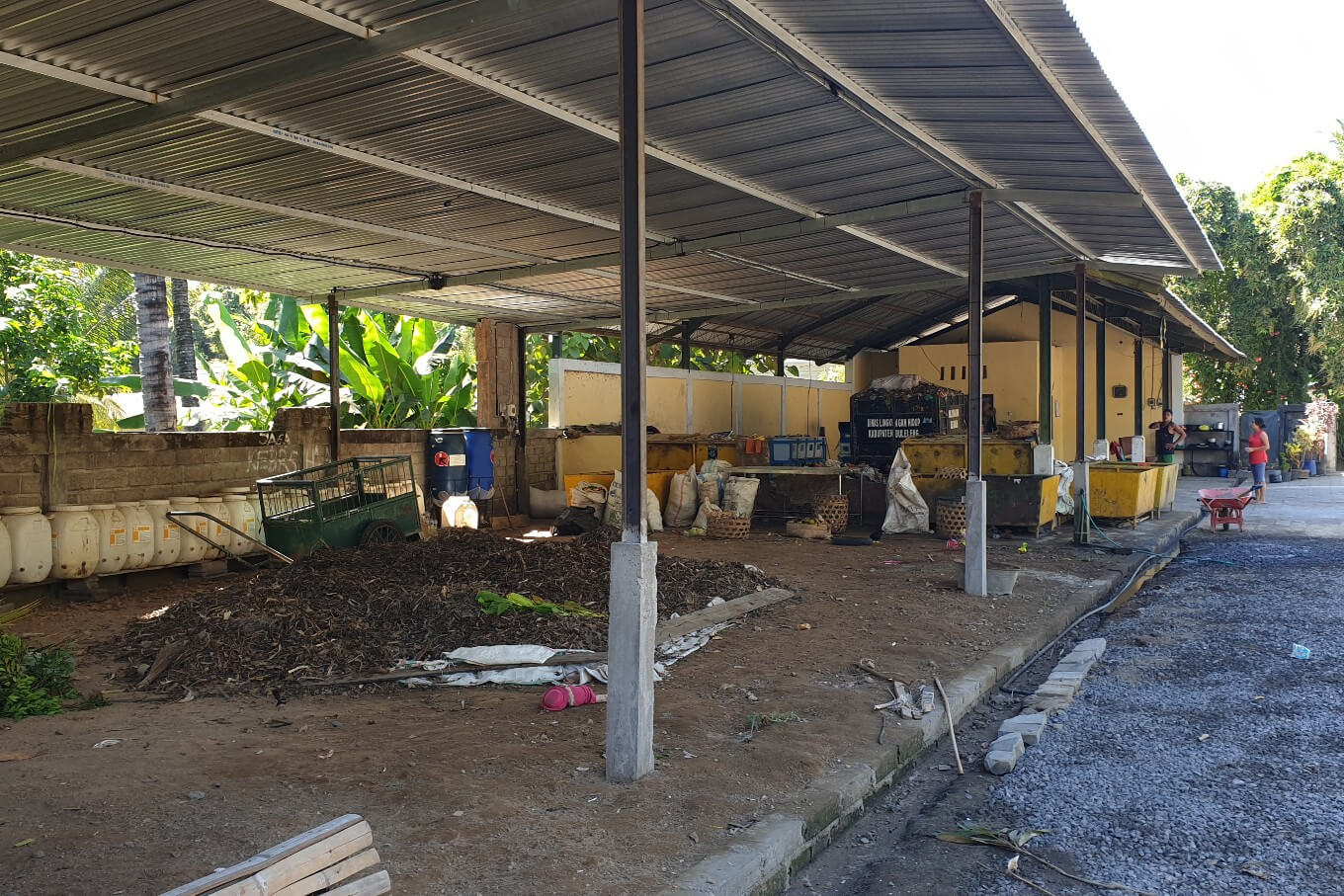
Zoë Lenkiewicz, Head of Programmes and Engagement at WasteAid, said: “The donation from Bunzl has been transformational for two communities suffering from endless plastic pollution on the beautiful island of Bali. The infrastructure the teams have invested in will provide a long-term solution for the safe and sustainable management of plastics and organics, and the training and advocacy elements of the partnership mean the benefits will be shared beyond these two communities.
“We are grateful to Bunzl for the donation, and are proud of our partner organisations, R.O.L.E. and Bondalem Eco Hub, for the progress they have made despite the restrictions in place due to COVID. They have made admirable progress and have built up their confidence and local networks so that when tourism returns, they can make a considerable and lasting impact. Nobody wants to see plastic pollution, and by working together in partnerships such as this, we are making a visible and tangible positive impact to protect human health, biodiversity, and the local economy that depends on the natural beauty and biodiversity of the island.”
In supporting these committed Indonesian partners, Bunzl plc and WasteAid have demonstrated the power of partnerships in tackling one of the most pressing challenges of this generation. In order to achieve the Global Goals for Sustainable Development, cooperation across borders and sectors is vital and this case study shows that when people work together, we can turn the tide on plastic pollution.
Written by Zoë Lenkiewicz
Jakarta Post article: https://www.thejakartapost.com/life/2020/08/12/north-bali-eco-hub-a-new-sustainable-community-project-with-a-grand-vision.html





